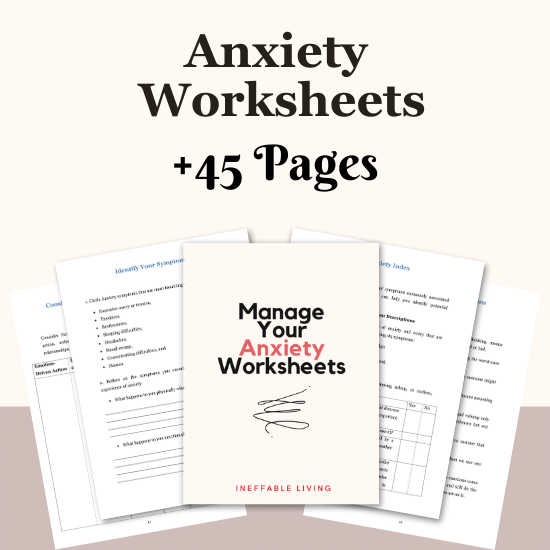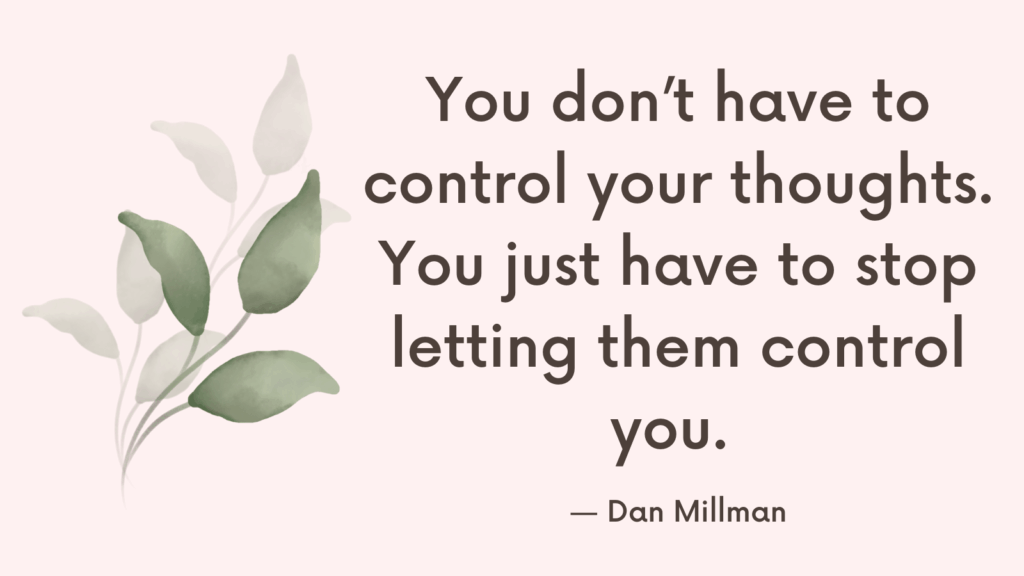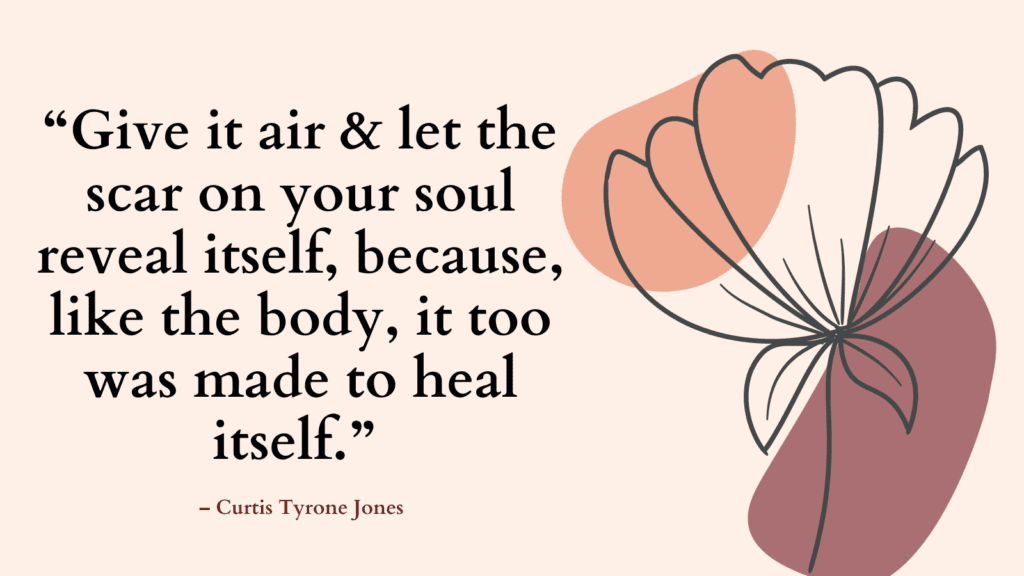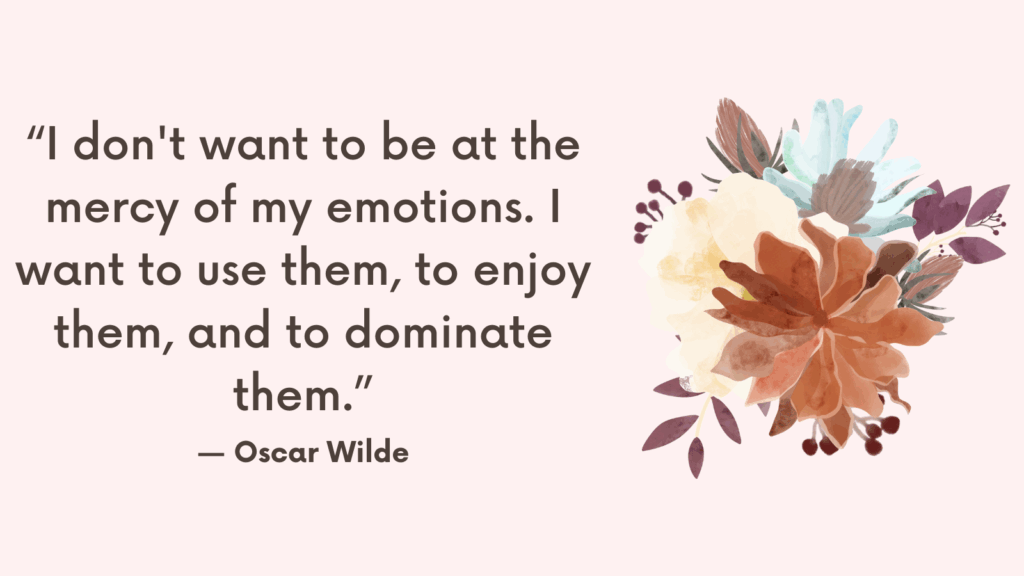Eco-anxiety is the chronic fear, sadness, or helplessness that arises when facing environmental collapse or climate uncertainty. It’s a rational response to real threats — but when it overwhelms, it can lead to paralysis, guilt, or burnout. Managing eco-anxiety doesn’t mean numbing out or ignoring the problem. It means finding ways to stay emotionally grounded and purposeful in a changing world — balancing care for the planet with care for yourself.
What Eco-Anxiety Is
Eco-anxiety is the emotional distress that comes from witnessing the environmental crisis and fearing for the planet’s future. It’s a mix of worry, sadness, guilt, and helplessness that arises when you realize how fragile the natural world has become. It’s not just concern for the environment—it’s grief for the loss of stability and safety that the earth once symbolized.
What Causes It
Eco-anxiety grows from constant exposure to news about climate disasters, pollution, and deforestation. When every update feels like proof that things are getting worse, the mind starts carrying a quiet, persistent dread. Feeling powerless in the face of global change deepens that anxiety. For many, it’s also tied to guilt—knowing that daily life still depends on systems that harm the planet.
How It Shows Up
- Restlessness or sadness after hearing environmental news.
- Avoiding the topic because it feels overwhelming.
- Feeling guilty about consumption, travel, or waste.
- Experiencing fear or hopelessness about the future.
- Struggling to plan ahead because the future feels uncertain.
- Feeling emotionally exhausted by trying to “live sustainably” all the time.
The Emotional Core Behind It
At its root, eco-anxiety is love—love for the planet, for life, for generations to come. The anxiety exists because you care. But that care becomes painful when it meets a sense of powerlessness. You grieve not just for nature itself, but for the loss of innocence in how you once saw the world.
Related: Burned Out and Overwhelmed? These Worksheets Help You Reclaim Your Mental Health
How to Manage Eco-Anxiety?
1. Acknowledge That Your Anxiety Is Valid
Eco-anxiety isn’t overreacting — it’s empathy in motion. Recognize that your distress comes from awareness and care. The goal isn’t to eliminate these feelings, but to make space for them without letting them control your life.
2. Allow Yourself to Feel Grief for the Planet
Grieve the loss of stability, beauty, or natural places you love. Sadness and anger are natural responses to collective trauma. Journaling, art, or rituals of mourning can help you move from despair into meaning. Grief honored becomes energy for change.
3. Set Boundaries With Climate News
Constant exposure to catastrophic headlines keeps your nervous system in survival mode. Stay informed intentionally: choose specific times to check news, avoid doom-scrolling, and follow accounts that also highlight solutions. Balance awareness with mental rest.
4. Focus on What’s Within Your Control
Eco-anxiety thrives on powerlessness. Refocus your energy on personal and community actions — conserving resources, supporting local sustainability efforts, or voting for change. Even small contributions help restore a sense of agency.
Related: Top 10 Practical CBT Exercises For Generalized Anxiety Disorder Relief
5. Ground Yourself in Daily Sensory Awareness
When anxiety spikes, connect with the earth directly: touch soil, breathe fresh air, listen to natural sounds, or feel sunlight on your skin. Grounding in sensory experience calms the body and reminds you that nature still exists here and now.
6. Connect With Others Who Care
Isolation magnifies anxiety. Join environmental groups, online communities, or local clean-up initiatives. Shared purpose transforms despair into solidarity — proving that individual effort is part of collective strength.
7. Practice Sustainable Compassion
You can care deeply without carrying everything. Pace your involvement — alternate activism with rest, nature time, and joyful connection. Sustainable compassion means preserving your capacity to care for the long term.
Related: High Functioning Anxiety Test (& How To Support Anxiety Recovery)
8. Reframe Anxiety as a Signal, Not a Sentence
Eco-anxiety is a sign of sensitivity and moral awareness, not weakness. Instead of trying to suppress it, ask, “What is this feeling asking of me?” Sometimes it’s calling for rest, sometimes for action, sometimes for grief. Listening transforms anxiety into wisdom.
9. Create Small Rituals of Repair
Do one grounding, regenerative act daily — tending a plant, reducing waste, or sharing knowledge. These tangible actions reconnect you to cycles of life and healing, reminding you that you’re part of the earth’s renewal.
10. Reconnect With Beauty and Awe
Anxiety narrows attention to danger; awe widens it back to wonder. Watch a sunrise, observe animal behavior, or notice how plants persist through cracks in the pavement. Awe restores emotional balance and reignites hope.
Related: Solve Actual Problems, Don’t Just Cope: 7 Practical Steps to Break the Anxiety Cycle
11. Integrate Mind-Body Practices
Yoga, deep breathing, or somatic grounding help regulate the nervous system. Eco-anxiety isn’t just mental; it’s physiological. When your body feels safe, your mind can process environmental uncertainty with more clarity.
12. Turn Fear Into Purposeful Action
Transform worry into contribution: volunteer for reforestation, plant pollinator gardens, or educate others. Action replaces paralysis with empowerment — a reminder that small movements matter within larger systems.
13. Seek Meaning in Community and Culture
Explore philosophies, faith traditions, or cultural practices that view humans as stewards rather than dominators of nature. A sense of shared purpose creates resilience and replaces guilt with gratitude.
Related: How to Relieve Anxious Sensations In Your Body?
14. Practice “Enoughness”
Simplify where possible — live slower, consume consciously, and release perfectionism around sustainability. Doing your best is enough. The goal isn’t to save the planet alone but to contribute without losing your wellbeing.
15. Seek Professional or Group Support
If eco-anxiety feels persistent or overwhelming, talk with a therapist familiar with climate-related distress. Support groups or eco-therapy can help you process grief, fear, and helplessness in a safe, validating space.
Related: 30 Coping Skills for Anxiety and Depression

Conclusion
Managing eco-anxiety is about finding balance between awareness and peace, action and rest. The goal isn’t to stop caring — it’s to care wisely, without burning out. Each mindful breath, community effort, and act of restoration helps shift your focus from despair to participation. In healing your own nervous system, you strengthen your ability to stay engaged with the earth — not out of fear, but out of love that endures.



